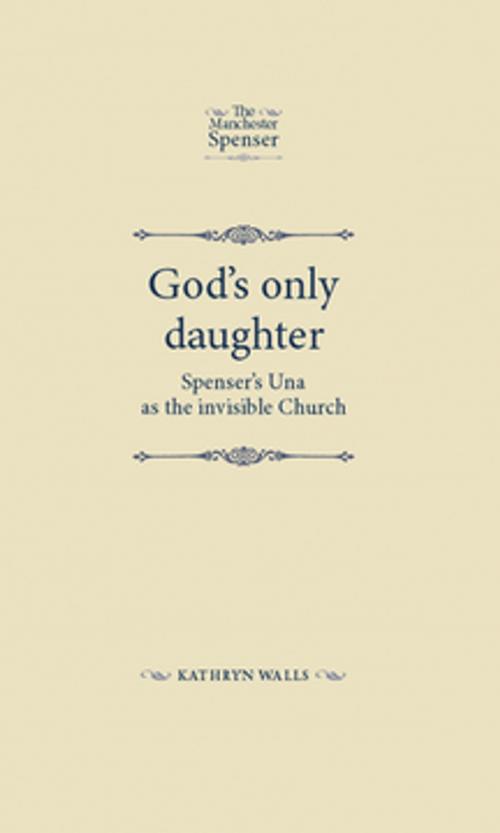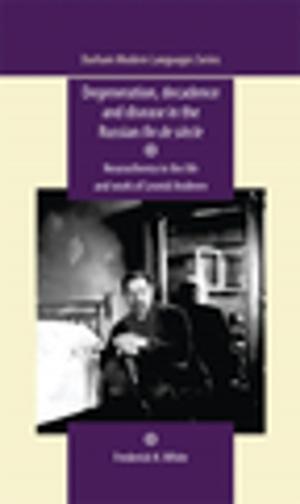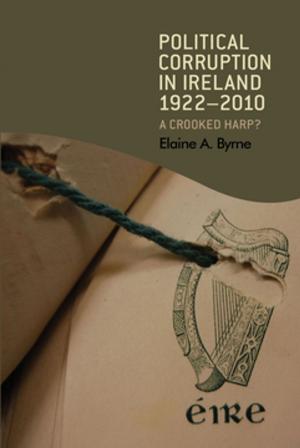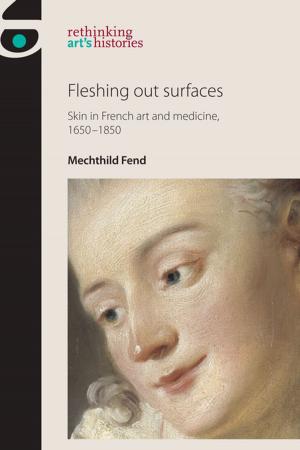God's only daughter
Spenser's Una as the invisible Church
Fiction & Literature, Literary Theory & Criticism, British| Author: | Kathryn Walls | ISBN: | 9781526111128 |
| Publisher: | Manchester University Press | Publication: | May 16, 2016 |
| Imprint: | Manchester University Press | Language: | English |
| Author: | Kathryn Walls |
| ISBN: | 9781526111128 |
| Publisher: | Manchester University Press |
| Publication: | May 16, 2016 |
| Imprint: | Manchester University Press |
| Language: | English |
In this study, Kathryn Walls challenges the standard identification of Una with the post-Reformation English Church, arguing that she is, rather, Augustine’s City of God – the invisible Church, whose membership is known only to God. Una’s story (its Tudor resonances notwithstanding) therefore embraces that of the Synagogue before the Incarnation as well as that of the Church in the time of Christ and thereafter. It also allegorises the redemptive process that sustains the true Church. Una is fallible in canto I. Subsequently, however, she comes to embody divine perfection. Her transformation depends upon the intervention of the lion as Christ. Convinced of the consistency and coherence of Spenser’s allegory, Walls offers fresh interpretations of Abessa (as Synagoga), of the fauns and satyrs (the Gentiles), and of Una’s dwarf (adiaphoric forms of worship). She also reinterprets Spenser’s marriage metaphor, clarifying the significance of Red Cross as Una’s spouse in the final canto.
In this study, Kathryn Walls challenges the standard identification of Una with the post-Reformation English Church, arguing that she is, rather, Augustine’s City of God – the invisible Church, whose membership is known only to God. Una’s story (its Tudor resonances notwithstanding) therefore embraces that of the Synagogue before the Incarnation as well as that of the Church in the time of Christ and thereafter. It also allegorises the redemptive process that sustains the true Church. Una is fallible in canto I. Subsequently, however, she comes to embody divine perfection. Her transformation depends upon the intervention of the lion as Christ. Convinced of the consistency and coherence of Spenser’s allegory, Walls offers fresh interpretations of Abessa (as Synagoga), of the fauns and satyrs (the Gentiles), and of Una’s dwarf (adiaphoric forms of worship). She also reinterprets Spenser’s marriage metaphor, clarifying the significance of Red Cross as Una’s spouse in the final canto.















